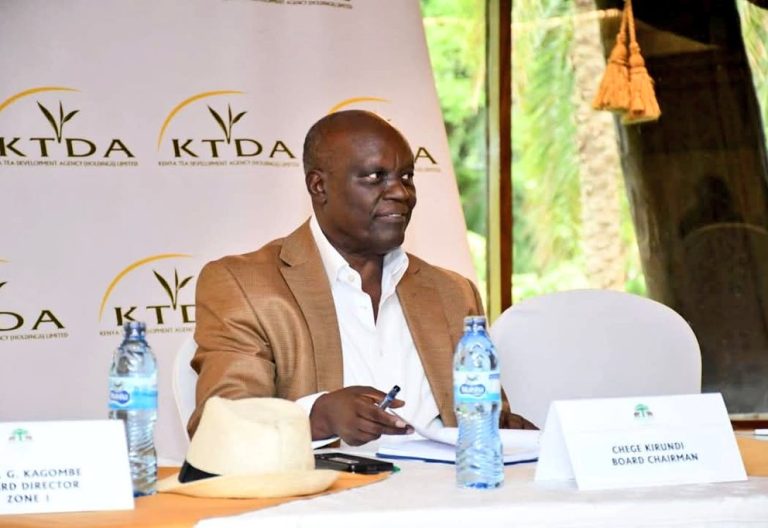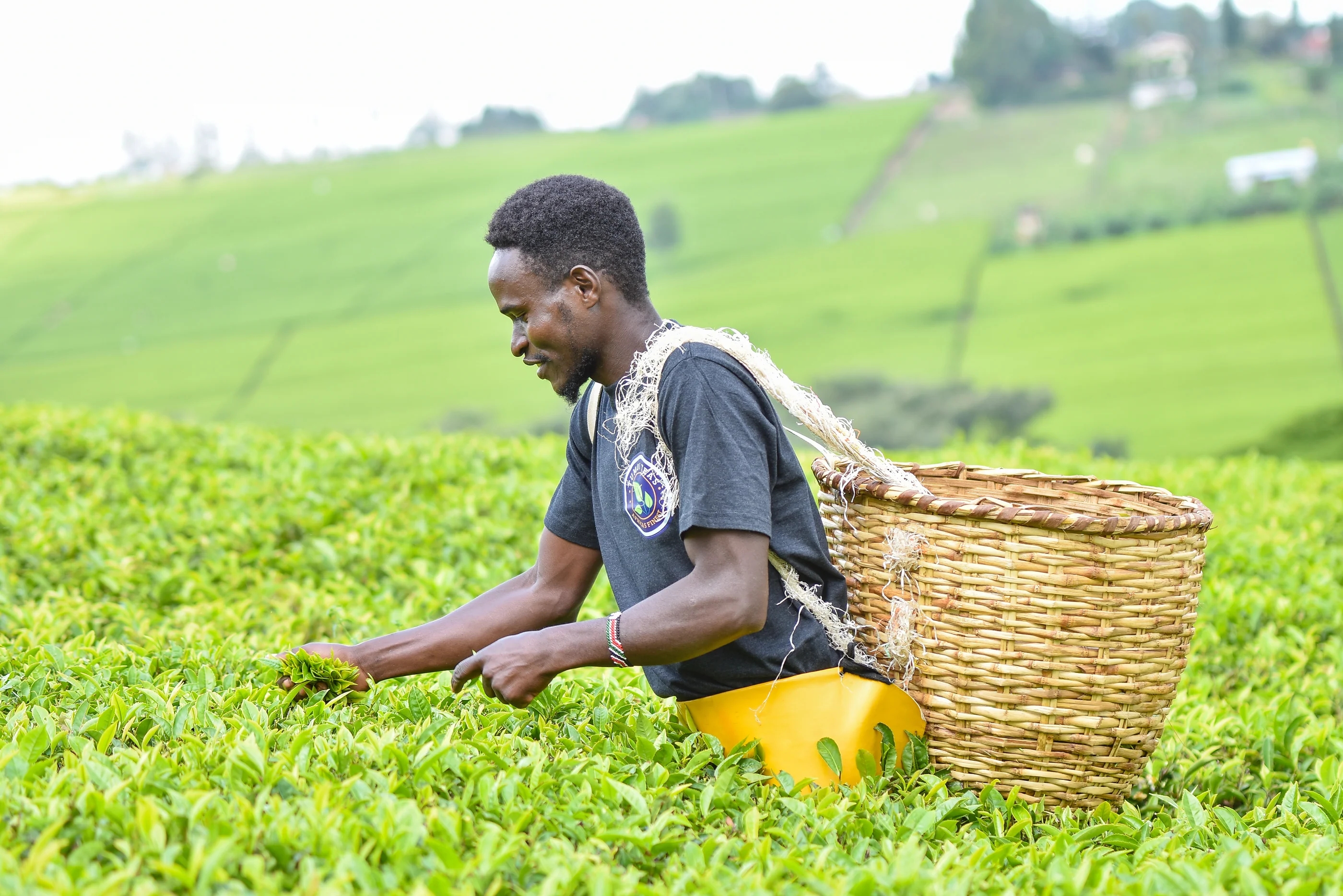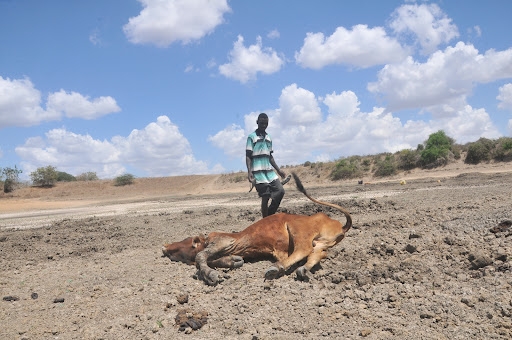

The Kenya Tea Development Agency (KTDA) has dismissed allegations that over
Sh1 billion contributed by farmers from Kericho and Bomet counties was diverted
to projects in other regions, terming the claims false and misleading.
In a statement released on Tuesday, KTDA said
all funds raised for the Settet Power Generation Company projects have been
fully accounted for and used as intended.
The agency described the accusations by a section of local leaders as
“unfounded and contrary to verifiable financial records.”
Settet Power Generation Company Limited,
incorporated in October 2010, is jointly owned by seven tea factories, Kapkatet,
Litein, Tegat, Momul, Kapkoros, Mogogosiek, and Kapset, together with KTDA
Power Company Limited. Each shareholder holds a 12.5 per cent stake in the
firm.
According to KTDA, the company was established
to develop small hydropower plants that would supply affordable electricity to
the factories, helping reduce production costs and boost farmers’ earnings.
Currently, two projects are underway: the
2.5-megawatt Chemosit Small Hydro Plant and the 2.6-megawatt Kipsonoi Small
Hydro Plant.
The total equity required for both projects
stands at Sh1.1 billion, financed under a 65:35 debt-to-equity structure.
As of October 2025, farmers and factory shareholders had contributed Sh1.03
billion, which KTDA says has been “fully utilized within the two projects in
line with approved budgets.”
“In total, Sh1.208 billion has been spent, with a temporary deficit of Sh174 million financed through internal borrowings,” the agency said, emphasizing that all funds remain within the Settet Power projects and none have been diverted elsewhere.
KTDA attributed the project delays to external
challenges such as delayed debt closure by international financiers, lengthy
land acquisition processes, and transmission wayleave overlaps with Kenya
Power.
The agency said financing for the Chemosit
project, amounting to USD 8.6 million through an IFC/Proparco/FMO syndicated
facility, was finalized in September 2024 after leadership transitions and
protracted negotiations.
“With this breakthrough, the Chemosit project
has made significant progress, with civil works at 49 per cent and
electromechanical installations at 78 per cent completion. The contractor has
been fully re-mobilized, and the project is expected to be completed by May
2026,” KTDA stated.
Meanwhile, the Kipsonoi project is also
advancing, with land compensation and topographical survey works ongoing as
discussions with potential lenders continue.
KTDA reassured farmers in Kericho, Bomet, and
other western tea-growing regions that their contributions are “safe, properly
utilized, and directed solely toward lowering electricity costs and increasing
incomes.”
The agency said all expenditures are audited
externally and presented to Regional Power Company Boards, factory boards, and
shareholders during annual general meetings.
“KTDA remains fully committed to transparency,
accountability, and prudent financial management. These power projects are farmer-owned
investments designed to achieve long-term energy self-sufficiency and
operational efficiency,” the statement added.
The agency urged political leaders to verify
information before making public statements that could mislead farmers or
undermine community-driven initiatives.
















